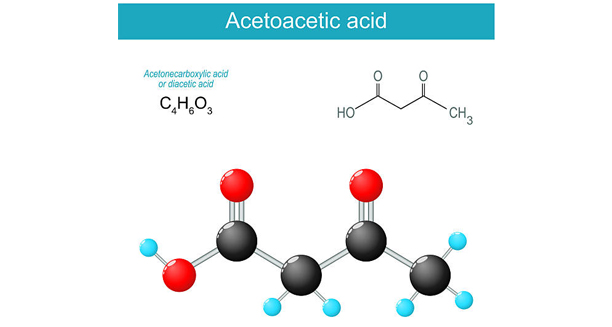Causes of Diabetic Ketoacidosis
Causes of diabetic ketoacidosis revolve around a critical shortage of insulin in the body, leading to dangerous metabolic changes. While most commonly linked to type 1 diabetes, diabetic ketoacidosis can also develop in people with type 2 diabetes under certain conditions. Understanding these causes helps prevent the condition and supports faster diagnosis when symptoms arise.
Missed Insulin Doses
One of the most frequent causes is skipping or forgetting insulin injections
This may be due to financial barriers, travel, misunderstanding dosage instructions, or psychological factors such as fear of hypoglycaemia
Even short periods without insulin can trigger ketone production and acidosis
Illness or Infection
Physical stress from illnesses like flu, pneumonia, or urinary tract infections increases the body’s insulin demands
At the same time, illness may suppress appetite, leading to reduced food intake and blood sugar fluctuations
Vomiting or diarrhoea can also dehydrate the body, accelerating the onset of diabetic ketoacidosis
Uncontrolled Blood Glucose
Persistently high blood sugar due to poor diabetes management raises the risk
This includes poor dietary habits, sedentary lifestyle, or inadequate glucose monitoring
High glucose levels without corresponding insulin doses result in excessive fat breakdown
New Diagnosis of Diabetes
In some cases, diabetic ketoacidosis is the first indication that a person has diabetes
This is particularly true in children and young adults who have not yet been diagnosed
Other Medical Triggers & Causes of Diabetic Ketoacidosis
Heart attacks, strokes, or pancreatitis can precipitate diabetic ketoacidosis by stressing the body
Certain medications, including corticosteroids and diuretics, may worsen insulin resistance
Emotional stress or trauma can also cause hormonal changes that contribute to DKA
Drug and Alcohol Use
Recreational drugs such as cocaine or excess alcohol consumption can trigger DKA
Alcohol can suppress appetite and impair judgement, leading to missed insulin doses
In conclusion, causes of diabetic ketoacidosis are multifaceted but usually linked to missed insulin, illness, or stress. Preventive strategies focus on education, close glucose monitoring, and prompt management of infections or other health issues.
[Next: Symptoms of Diabetic Ketoacidosis →]


